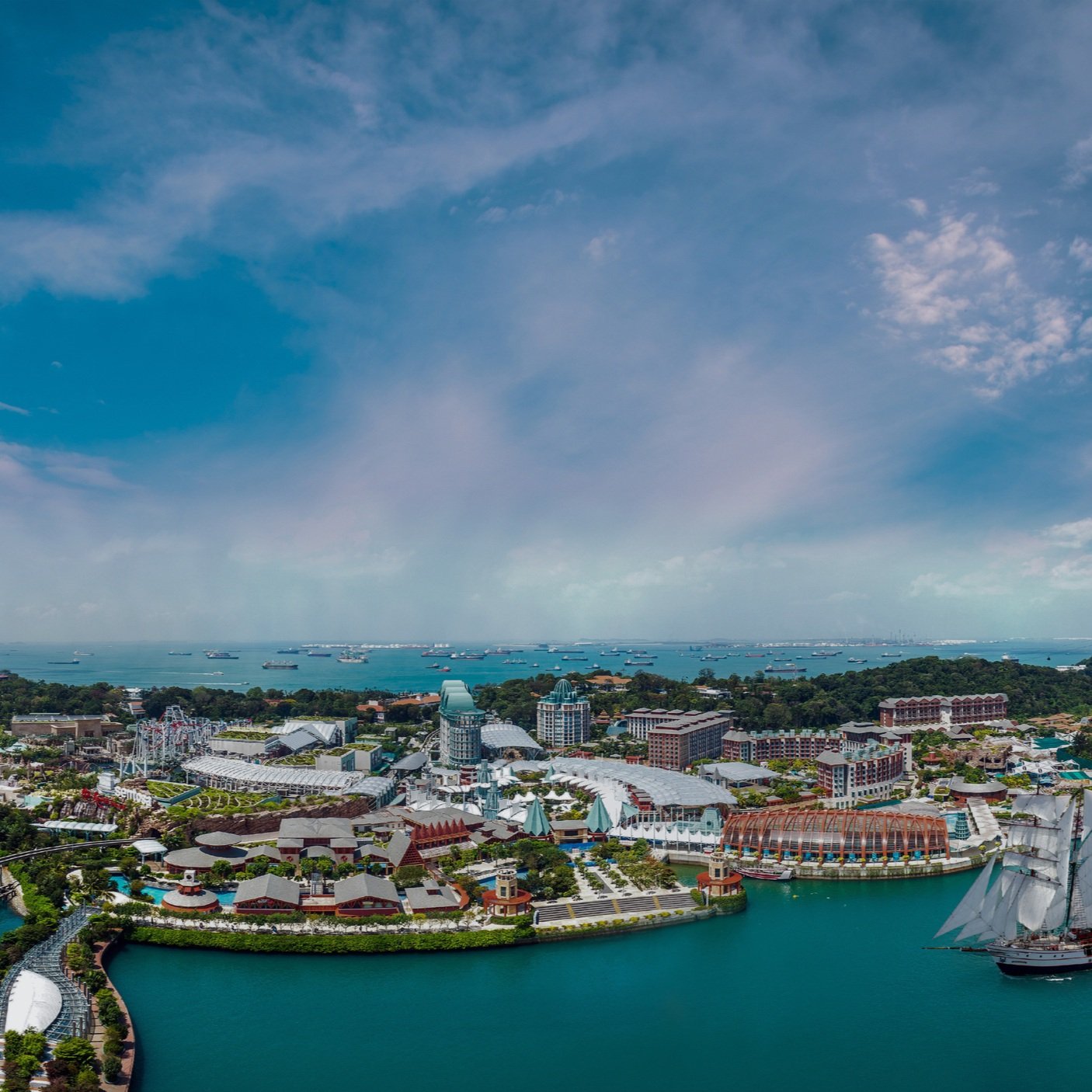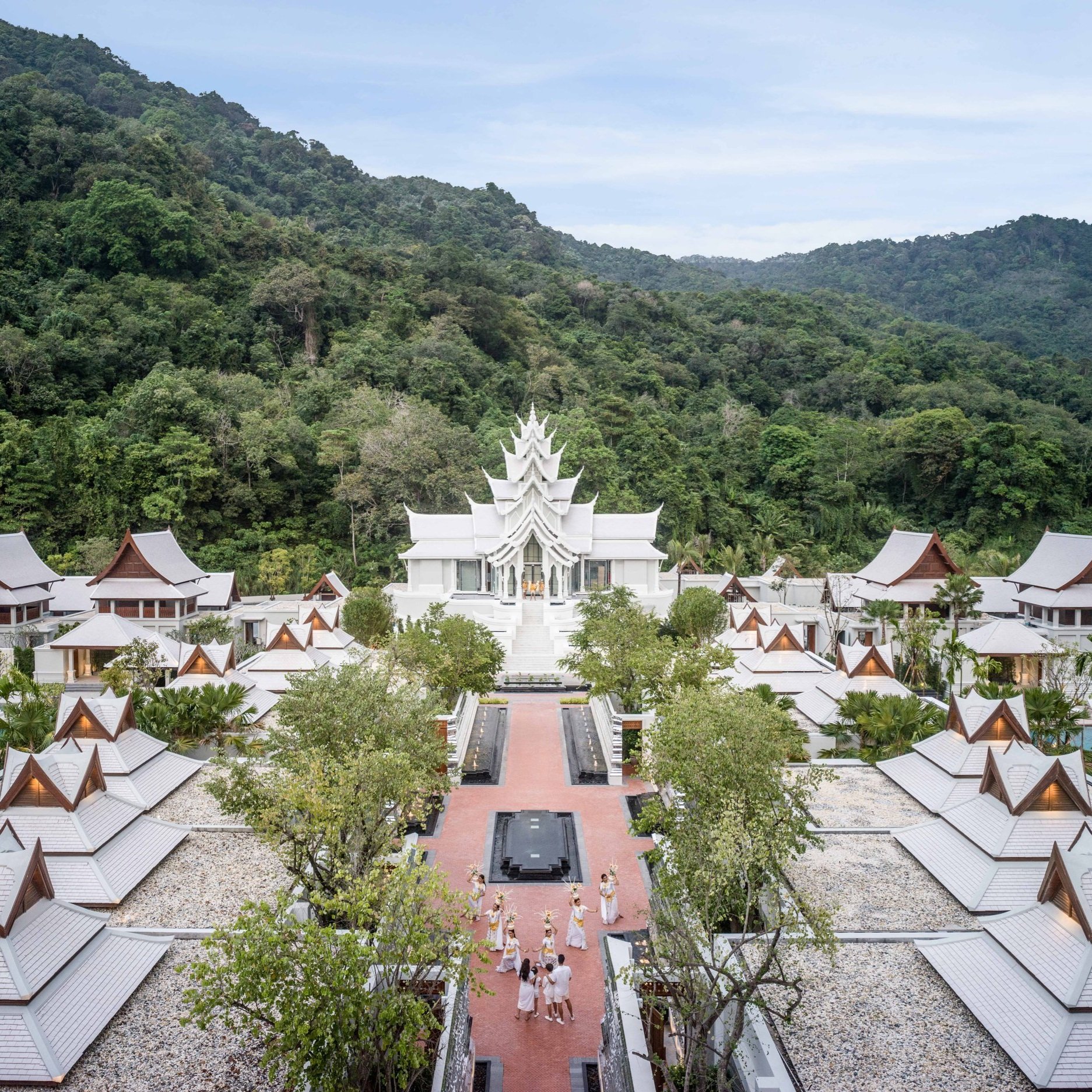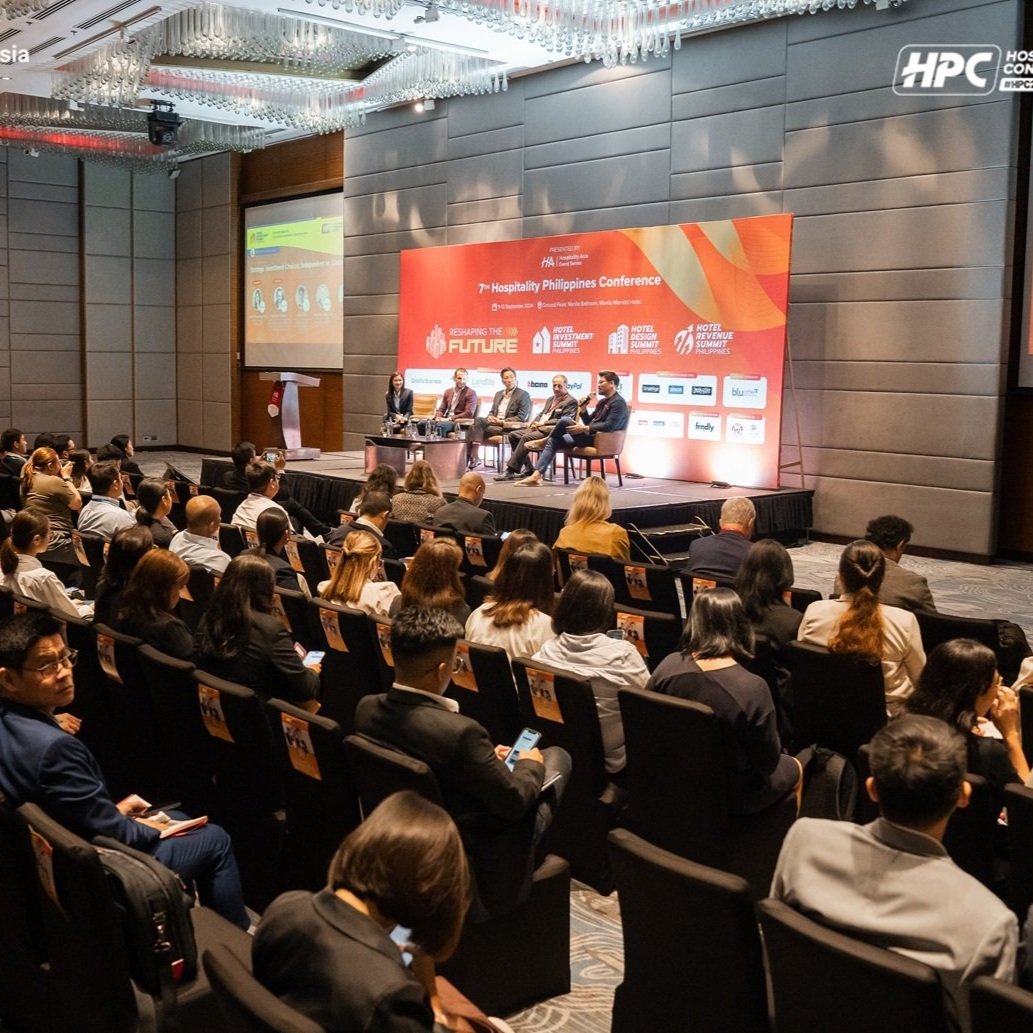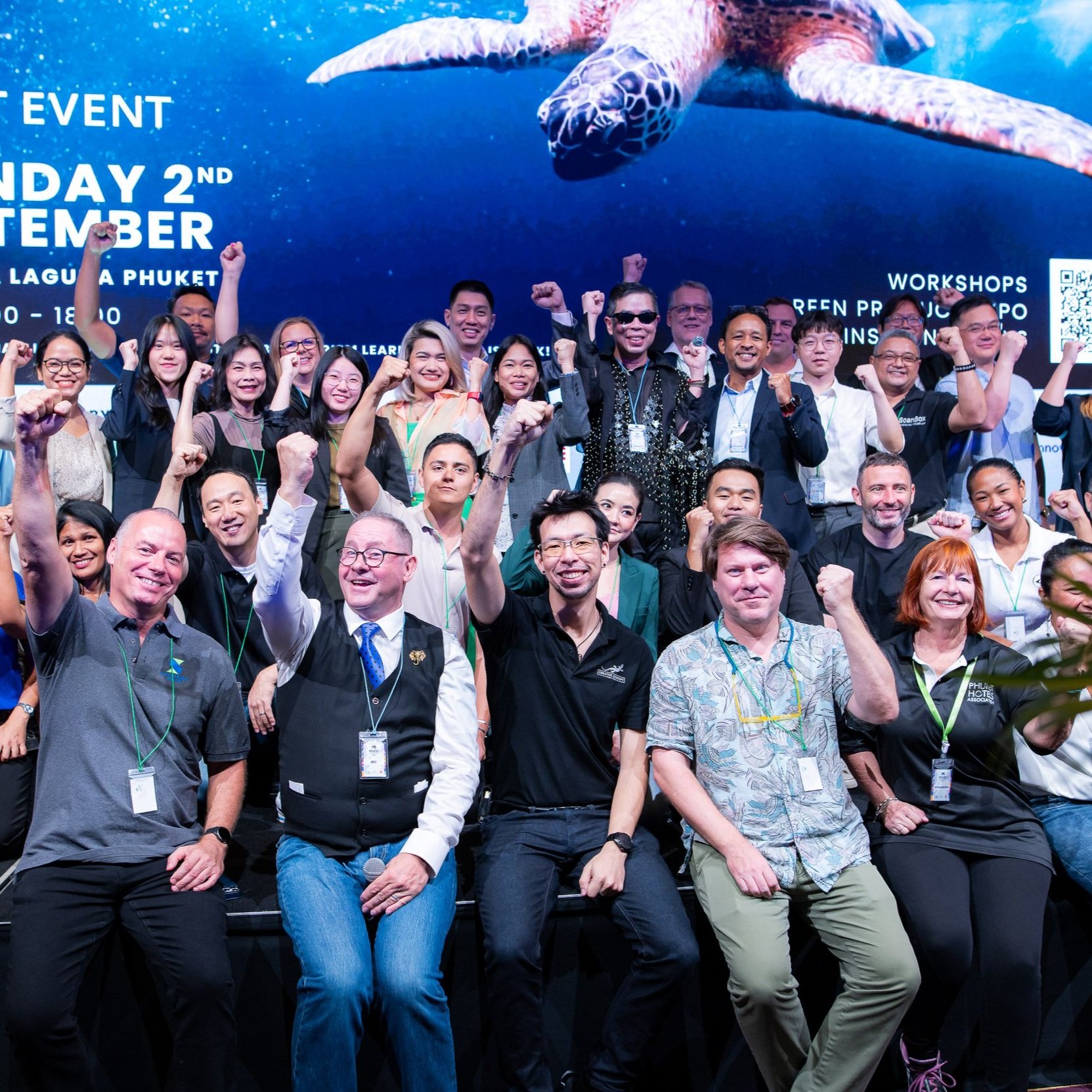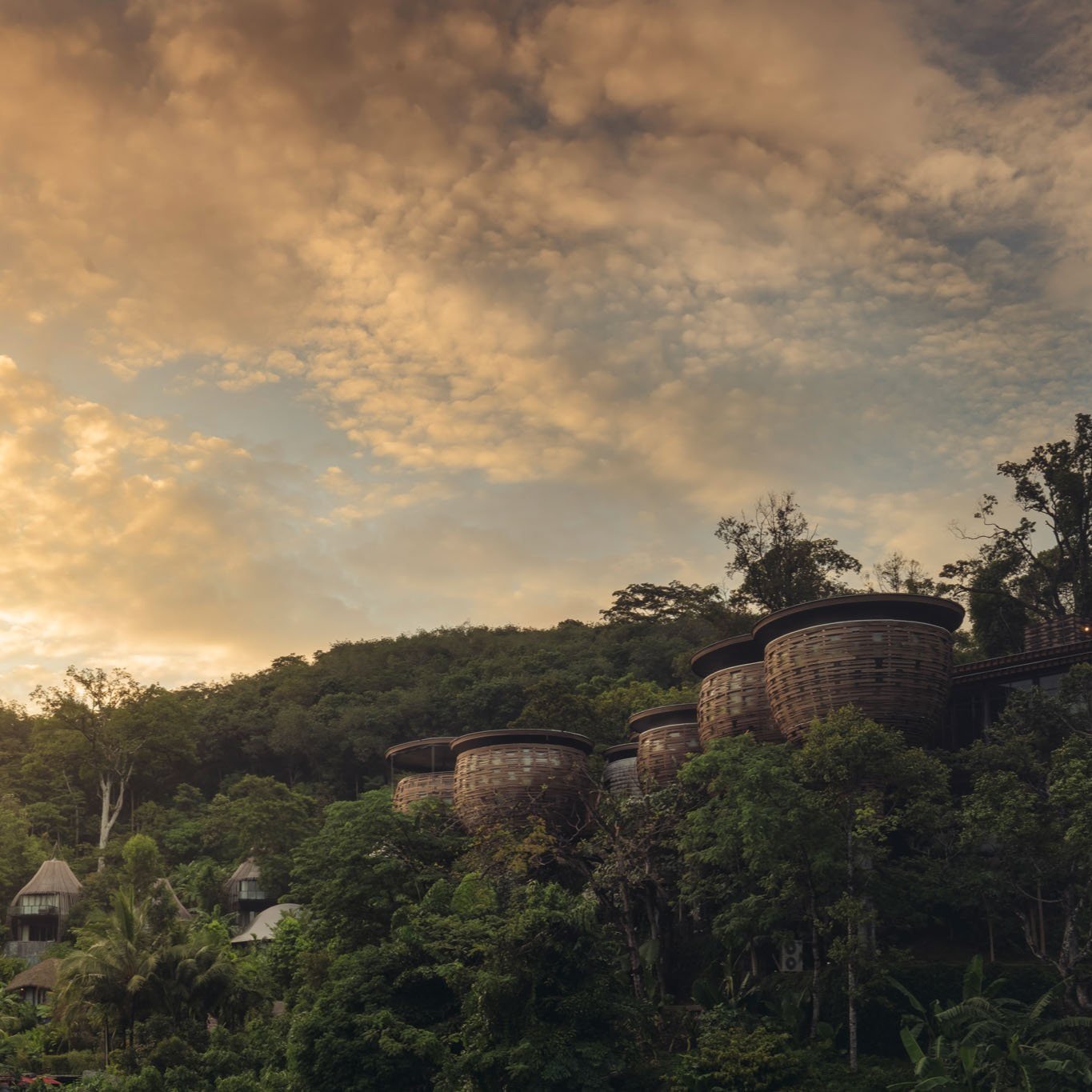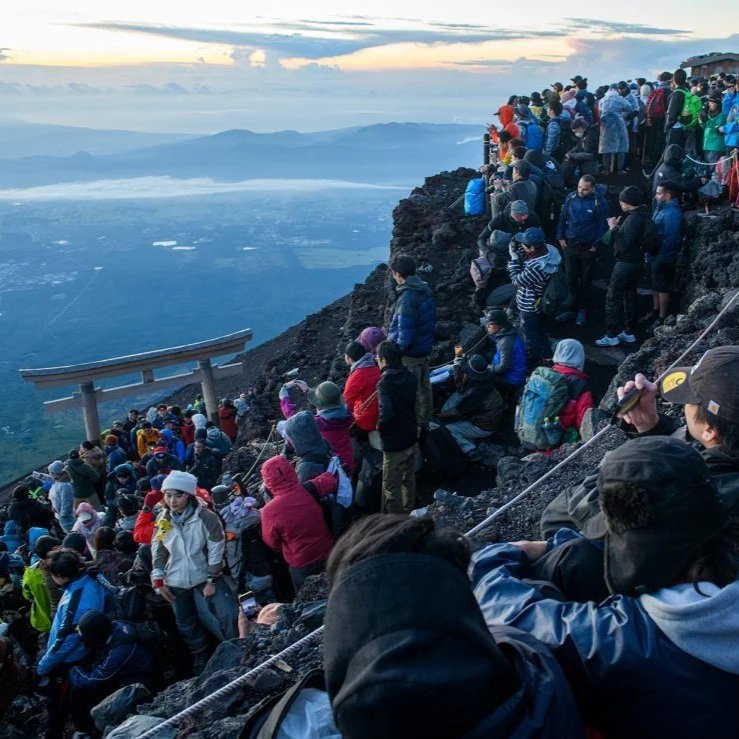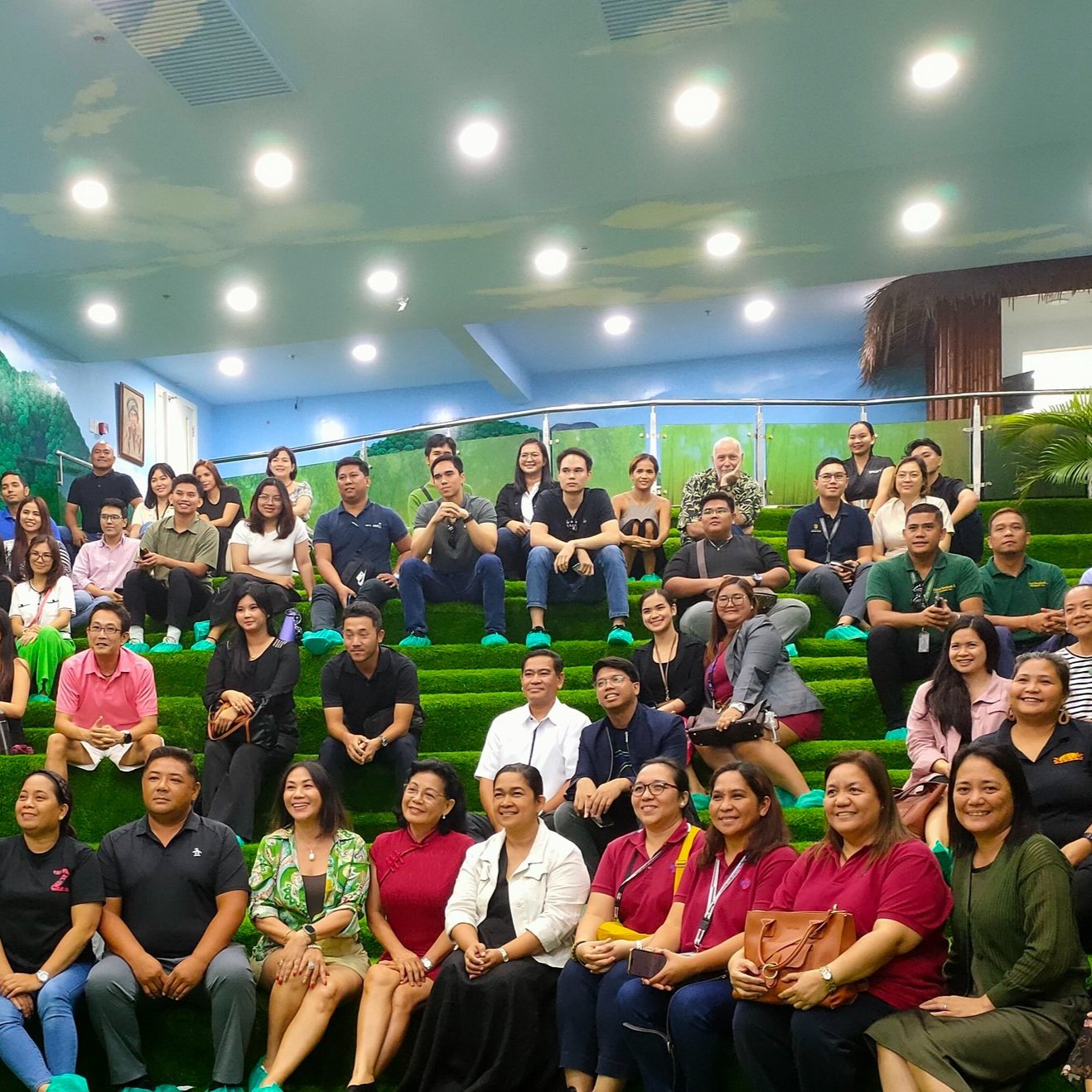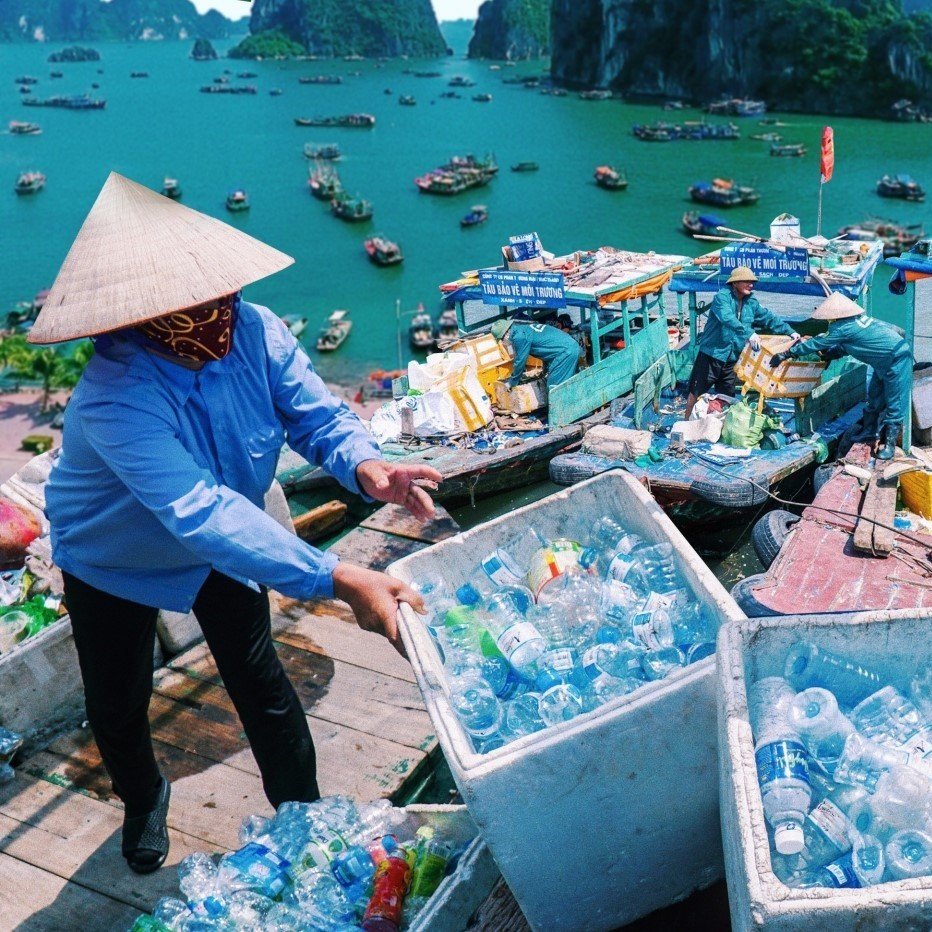GSTC Aims to Cement its Sustainable Tourism Leadership at #GSTC2024Singapore
The Global Sustainable Tourism Council (GSTC), established by the United Nations to manage global standards for sustainable tourism, is returning to Asia to host its highly anticipated Global Sustainable Tourism Conference in Sentosa, Singapore, from 13-16 November 2024. This event takes place at a critical juncture, as the very standards of sustainability in tourism appear to be at a crossroads.
Thailand’s Tourism at a Crossroads: Can Sustainability Shape its Future?
Amid growing concerns about the effects of climate change, biodiversity loss, and cultural disruption, can Thailand harness its tourism success while also setting a new standard for sustainable, responsible travel? Will this model pay off? If so, in what ways?
In our special series, Thailand’s Best-Kept Sustainable Travel Stories, we uncover hidden gems, businesses, and communities leading the charge toward a more conscious tourism model. From Phuket’s idyllic beaches to the bustling streets of Bangkok, we’ll explore how sustainability can redefine travel in Thailand.
Designing the Future: Innovations and Sustainability at the Hotel Design Summit HPC2024
The 7th Hospitality Philippines Conference (HPC2024) at Marriott Manila gathered over 500 professionals and nearly 100 speakers to explore strategies in the hospitality and tourism industry. Highlights included Hotel Investment Summit, Hotel Design Summit, and Hotel Revenue Summit. The event emphasized the importance of integrating cultural and environmental elements into hotel design and using technology and data analytics to boost profits. This article focuses on the key takeaways from the Hotel Design Summit.
PHIST 2024: Bold Ideas for Sustainable Tourism in a Changing Southeast Asia
Discover the insightful discussions and innovative solutions emerging from PHIST 2024, Southeast Asia's leading sustainability event, as it addresses the urgent need for sustainable tourism development amidst Phuket's overtourism challenges and environmental vulnerabilities.
Solutions to Plastic and Water Crises in Hospitality and Tourism
The recent Asia Sustainable Travel (AST) Forum in Phuket was a powerful showcase of passion and commitment, bringing together industry leaders eager to drive change.
The forum shed light on actions that hospitality and travel professionals can take in two key areas: plastic crisis and water shortage.
This wasn’t just a platform for talk. It was a launchpad for collective action, reminding us why we’re here: to make a difference, one sustainable step at a time.
This article features the key takeaways for travel and hospitality professionals to integrate sustainability into their businesses and daily lives.
Generative AI in Marketing: How Can Hotels Leverage It Without Losing the Human Touch
Artificial intelligence, particularly generative AI, has advanced significantly in recent years. Gone are the days when AI was only associated with robots and science fiction. Nowadays, businesses across various industries are using AI to improve their processes and enhance customer experience.
One area where AI is making a significant impact is marketing. Businesses are persistently seeking innovative methods to differentiate themselves and engage with their customers in more meaningful ways. And generative AI is helping them achieve just that, enabling a level of personalization that was once unimaginable.
The key challenge, however, lies in blending these advanced capabilities with the genuine human touch, which is what truly defines hospitality.
From Confusion to Clarity: Avoid Greenwashing and Turn Sustainable Travel Intentions into Action
Reports after reports show that travelers increasingly want sustainable travel options. Yet they are confused by the information they see on social media, causing them not to take the actions they should.
Kantar's 2022 Sustainability Sector Index reveals a striking contradiction in the Asia Pacific region. Despite 98% of consumers expressing readiness for a more sustainable lifestyle, only 17% actively change their behavior to align with it.
Additionally, a significant 58% struggle to differentiate between environmentally friendly products and those that are not.
The report highlights this intention-action gap arises from lack of information, transparency, and concerns about higher costs.
In our view, travel marketers and hoteliers have a powerful opportunity: not only align their business goals with responsible operation but also promote their business authentically.
Should Hotels Collaborate with OTAs or Move Away from Them?
With the rise of Online Travel Agencies (OTAs), hotels are enjoying increased bookings and exposure. However, high commission fees and limited control over pricing present significant challenges.
OTAs offer benefits such as increased visibility and advanced marketing tools. However, the costs can be steep, impacting profit margins. Additionally, the increase in mass tourism can dilute brand uniqueness and strain local environments.
But here's the million-dollar question—should hotels continue to partner with OTAs, or should they focus on direct bookings and sustainable practices?
This article dives deep into strategies that align with sustainability while maximizing revenue potential.
From Awe to Overload: How Asia’s Popular Destinations Are Handling Overtourism
Asian countries, reopening for tourism later than Europe post-COVID-19, have seen overtourism in popular destinations like Bali, Phuket, and key tourist hotspots in Japan.
However, experts advise defining overtourism beyond physical carrying capacity, which means a maximum number of visitors a site can accommodate without significant deterioration, to include environmental and social carrying capacities, considering the long-term ecological damage and community tolerance levels.
Slow and Steady Wins The Climate Race in Travel
When you visit NORTH, a creative studio and a collective in Naggar, Himachal Pradesh, India, you get to live in its Dhajji cabin, an experience one can never imagine having while living in the city.
The space is designed in a way that it demands a traveler and not a tourist, which means that to immerse oneself in such stories in the best possible way, one must travel slowly and mindfully, immersing themselves in culture and stories at every step.
Future-proofing the Hospitality Industry with Sustainability as a Revenue Strategy
The recent Asia Sustainable Travel (AST) Forum in Subic Bay, Philippines, served as a platform for discussing sustainability and its profound impact on both the environment and business profitability. Co-hosted by the Hospitality Alliance of Subic Bay Freeport Zone, the forum brought together industry leaders to explore how sustainability can drive profitability and long-term success.
Solution to Plastic Pollution: Make Plastics Obsolete
Is it 1,000 tons of plastic in the Great Pacific Garbage Patch or 2,000 tons? Does it matter anymore at this point? Plastics and microplastics permeate every aspect of all life on earth.
Some may ask: what’s the harm of plastics anyway? Are we living with them already?
This issue is not just about unsightly litter; it's a major contributor to the broader climate and health crises that we all face.
For an industry that depends on the beauty and health of our planet, the travel sector has a special responsibility and opportunity to take the lead in tackling this problem.
Travel and hospitality companies play a vital role as guardians of our planet's landscapes and ecosystems. Taking decisive action to reduce plastic dependency is essential for preserving the beauty and health of our planet.
Work with us
Ready to take your business to the next level — with purpose?
From B2B content development, such as impact reports and newsletters, to speaking engagements and business match-matching, we offer a full suite of services designed to grow your business and drive enduring impact.
And we don’t stop there. 5% of all revenue goes directly to traceable social and environmental initiatives across Asia.


